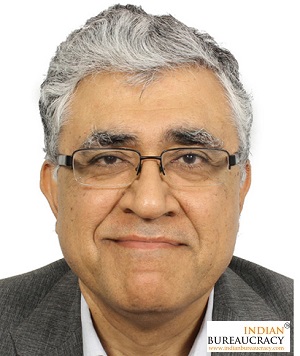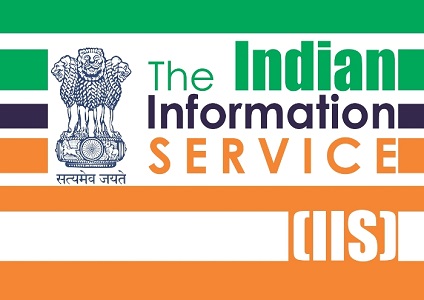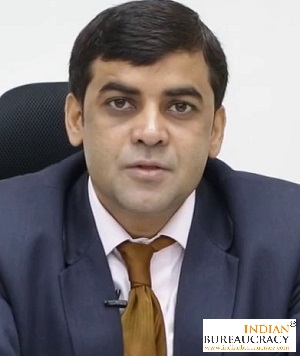
In the wake of protectionism, knowledge sharing and student exchange programmes become critical and gives a new hope for tomorrow. Around five million students move around the globe for education. India was among one of the nations with high outflow of students, the country spends more than $20 billion on students studying abroad and there was a need to make India the centre of education.
This was stated by Mr. Sudhanshu Pandey, Joint Secretary, MoCI, Government of India, at the 13th FICCI Higher Education Summit 2017, a Global Conference and Exhibition on education organized by FICCI with the support of the Ministry of Human Resource Development, Government of India, Ministry of Commerce & Industry, Government of India, SEPC and AICTE. In line with the government’s focus to reform the Indian education system to cater to the needs of the future, the theme for the summit is ‘Leapfrogging to Education 4.0:
Student at the Core’. This year 67 countries, 1000 delegates of which more than 247 are foreign delegates predominantly from Africa, SAARC, Middle East, CIS, Finland, New Zealand, Malaysia, Australia, USA, etc. are participating at the summit.
Mr. Pandey said that the student has been at the core of education and shall remain at its epicenter in future as well. The need is to create and facilitate an ecosystem where students can attain excellence in their chosen domains. He added that a bridge of understanding needed to be created between industry and academia so that both can move forward together.
On the occasion, FICCI-EY report ‘Leapfrogging to Education 4.0: Student at the Core’ and FICCI
Report on Social Outreach in Higher Education were released. In his Special Address, Dr. N. Saravana Kumar, Joint Secretary, MHRD, Government of India, said that the government is in the process of finalizing the new national education policy which will focus on making India’s education system learner-centric instead of teacher-centric.
Also, the highly regulated education sector is being liberalized and private sector participation is
being encouraged for India to acquire global citizenship in education.
In his video message, Mr. Prakash Javadekar, Union Minister for HRD, Government of India, said that the government had come out with learning outcomes and was providing greater autonomy to the institutes to pursue research and development and innovation. The government has initiated several programs such as ‘Swayam’ to promote online learning and introduced quality benchmarking of institutes to make them competitive globally.
Mr. Suresh Prabhu, Union Minister for Commerce & Industry, Government of India, in his message, urged the stakeholders including industry and academic to recommend ideas to promote the business of education globally. With internet, new business opportunities have emerged and India must take advantage of it.







Leave a Reply
You must be logged in to post a comment.